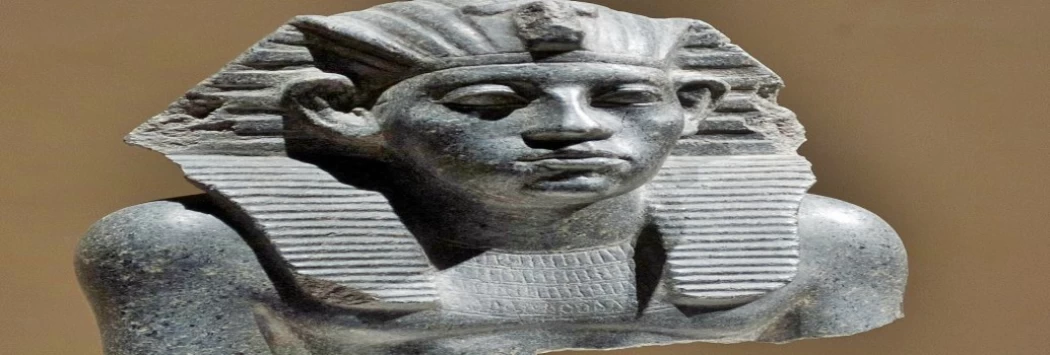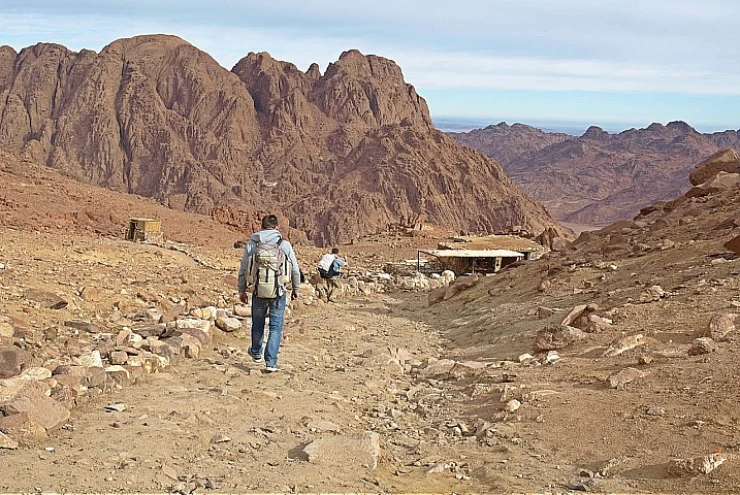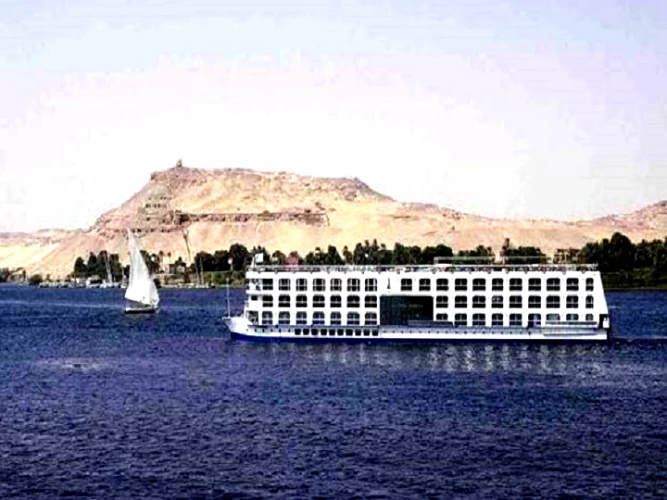
King Amenemhat I | 12th Dynasty Kings
Details about King Amenemhat I
In 1991 BC, Minister Amenemhat seized the rule, and took several titles for himself, including Sehotep Ib Ra, which satisfies the heart of Ra, Amun Mahat, Amun in front, and Sehotep Ib Ra, and at the same time he kept his original name known to us, and founded the Twelfth Dynasty and became known as King Amenemhat I, although the circumstances of his ascension to the throne are still mysterious until now, although we believe that he has no connection to royal blood, but was a self-made man from the people, a father named Snowsert and a mother named Nefert.
Beware of your subordinates," the betrayed King Amenemhat I warned his son, Senusret I, from his deathbed. "Never meet with them alone. Trust no brother, know no friend, and gather no companions, for such things are futile. While you sleep, let your heart be your guard. For in times of hardship, a man has no friend.
I have given to the poor, fed the orphan, and made the destitute as wealthy. Yet, it was the eater of my bread who raised armies against me. The man to whom I extended my hand was the one who caused me trouble with it. Those clothed in the finest linen treated me like the mob, and those perfumed with my own scent defiled themselves with my betrayal.
Such were the words of the murdered King Amenemhat I, spoken in his will to his son, as he lay dying from an assassination within his own palace, betrayed by his guards and his harem."
Amenemhat I did not rely on force alone to seize power, but he spread a rumor among the people, a prophecy by an ancient sage about the emergence of a loyal ruler awaiting the country, formulated by the chanting priest Nefer Rohu.
According to the prophecy, a king from the south named Omni, the son of a Nubian, would unite the country and spread peace and security.
The prophet noted that justice would be restored and injustice would be banished, according to the papyrus preserved in the Leningrad Museum and known as the Nefertiti Prophecies.
This papyrus dates back to the early reign of King Amenemhat in particular, and was most likely written as a political ploy or political propaganda to protect King Amenemhat I. Here, the writer of this papyrus wanted to convince the people that this pharaoh's seizure of power is the fulfillment of a prophecy made during the reign of King Sneferu, who asked the high priest of Bastet, Nefertiti, to take note of what will happen in the future, and the priest explained to him that chaos will prevail in the country and then King Amenemhat I will save it.
King Amenemhat married Queen Nefer Atat Jenin, with whom he fathered his crown prince, King Senwosret I. Amenemhat I acquired a fresh capital known as Lisht, which lies around the area of Fayoum Governorate (known as “Itht Tawi” in ancient Egypt, meaning “holding the two lands”), and this was obviously the point when he began treating provincial governors differently and assigning a role to his son in the government.
He also worked hard to restore security and order, which had deteriorated due to the civil war, and followed the traditional method of dividing agricultural land, as well as increasing the number of administrative staff, which is why he recommended writing the text entitled “Palmjamal” (ancient Egyptian for “Kemet”), which is a compilation of a number of instructions.
Amenemhat I was keen to fortify the borders by launching several campaigns in Nubia, Libya and Palestine, and in particular he built the “Prince's Wall”, a kind of impregnable fortress that protected the eastern Delta from Asian infiltration, and this pharaoh also sent an expedition to Wadi Hammamet headed by “Antif” who held the title of hereditary prince, royal seal bearer, sole samir, royal envoy, and high priest of the god “Min”.

















